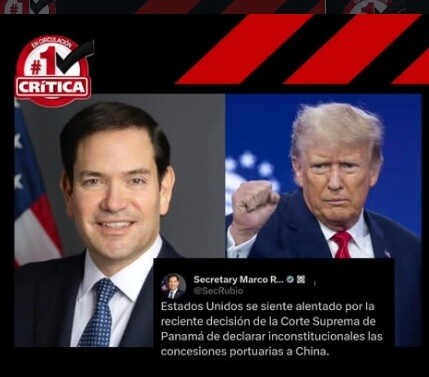
Starting Friday, May 2, packages of low value shipped from China to the United States will no longer be exempt from tariffs, as mandated by President Donald Trump against what he called a "great scam" in a previously existing exemption. This decision to end the "de minimis" exemption will have significant impacts on American consumers who increasingly purchase cheap products from discount Chinese markets like Temu and Shein.
Independent online sellers reliant on imports from China will also feel the effect of this measure. For instance, Temu announced that it would abandon its model based on cheap Chinese imports and shift to "local fulfillment," recruiting American merchants to sell local products.
The Trump administration argues that the de minimis exemption could be used to smuggle illicit fentanyl ingredients into the country, as it does not require customs declarations or import tariffs for items valued up to $800. This exemption has been criticized for benefiting Chinese e-commerce platforms at the expense of small U.S. retailers, according to Trump.
Packages from China and Hong Kong will now be subject to a tax of 120 percent of their value or a fixed fee, starting at $100 and increasing to $200 on June 1. While Americans will still be able to shop at stores like Temu and Shein, prices are likely to rise before the tariffs take effect.
These changes in tariff policies come at a time when Americans are showing greater skepticism towards Trump's economic and tariff actions. This disruption in buying patterns is likely to pressure the administration to negotiate a deal with China that eases trade barriers and mitigates the effects on American consumers.














